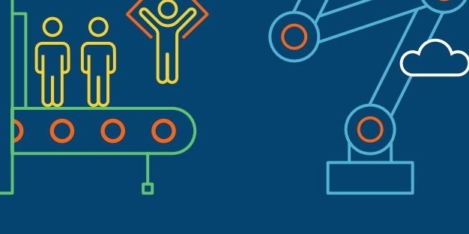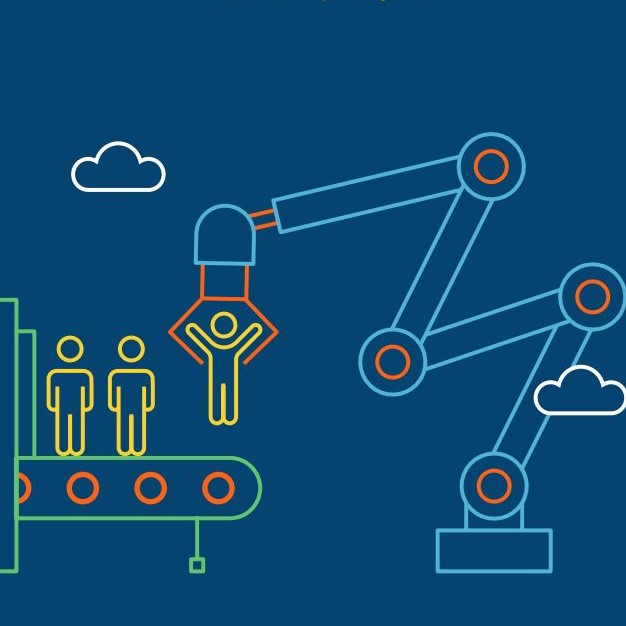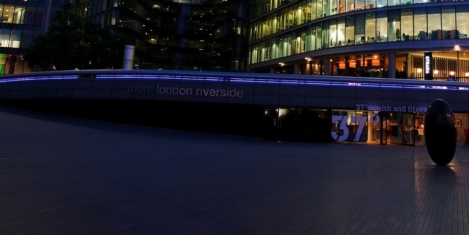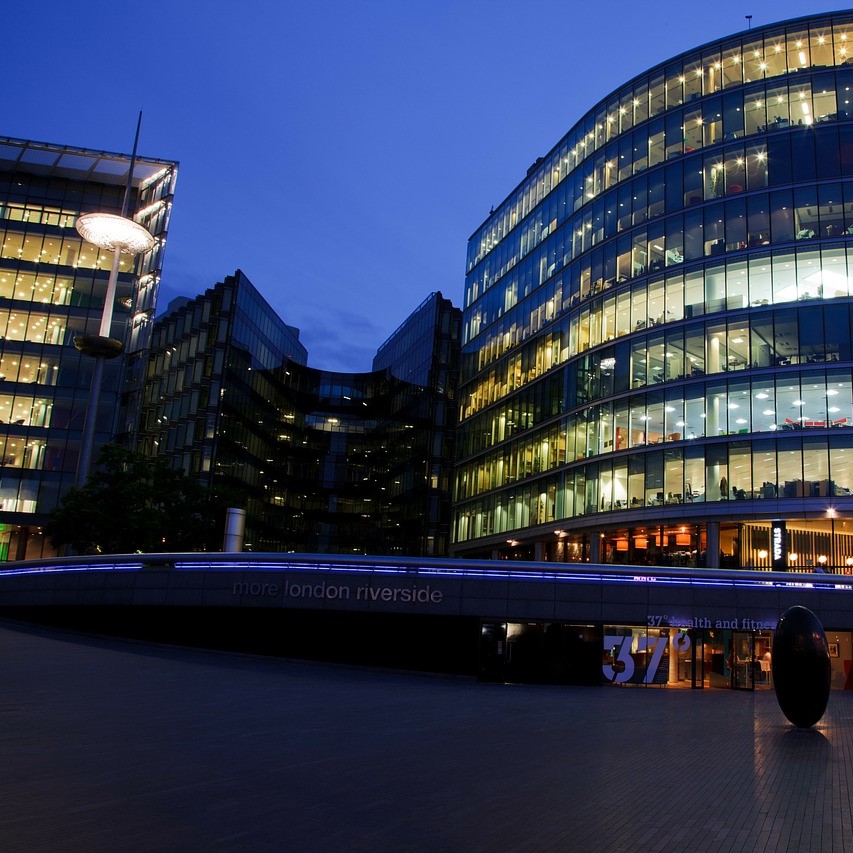November 19, 2019
Performance management systems still a major drag for HR leaders
 Fewer than one-fifth of HR leaders believe that performance management is effective at achieving its primary objective, according to a report from Gartner (registration). Though companies have been prioritising performance management improvements for years, 81 percent of HR leaders are still making changes and experimenting with their organisation’s efforts, according to the report. Most efforts to fix the issues are centred on reducing effort with the survey claiming that two-thirds of HR leaders focused on making processes either easier or less time consuming. However, reducing the effort managers and employees must put into the systems has significant negative effects. (more…)
Fewer than one-fifth of HR leaders believe that performance management is effective at achieving its primary objective, according to a report from Gartner (registration). Though companies have been prioritising performance management improvements for years, 81 percent of HR leaders are still making changes and experimenting with their organisation’s efforts, according to the report. Most efforts to fix the issues are centred on reducing effort with the survey claiming that two-thirds of HR leaders focused on making processes either easier or less time consuming. However, reducing the effort managers and employees must put into the systems has significant negative effects. (more…)


































November 25, 2019
Working carers occupy a blind spot and are suffering because of it
by Vivek Patni • Comment, Wellbeing, Workplace